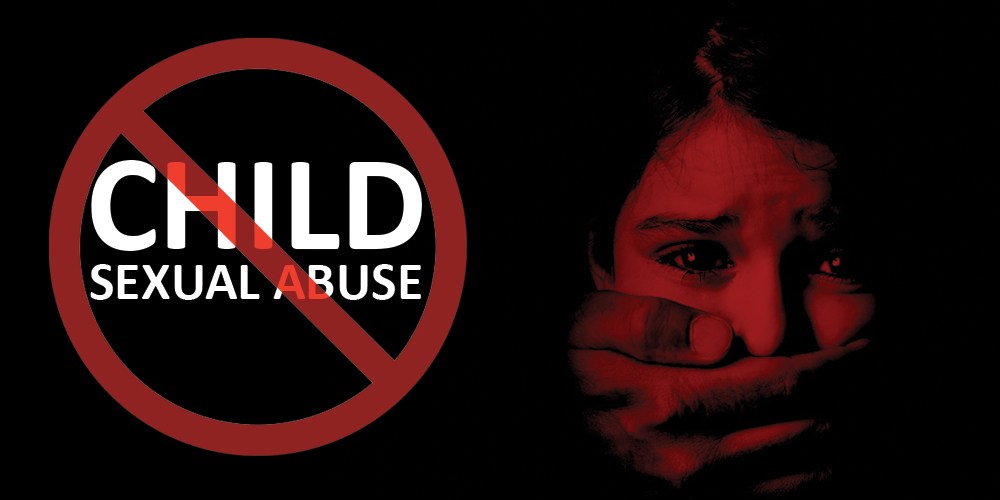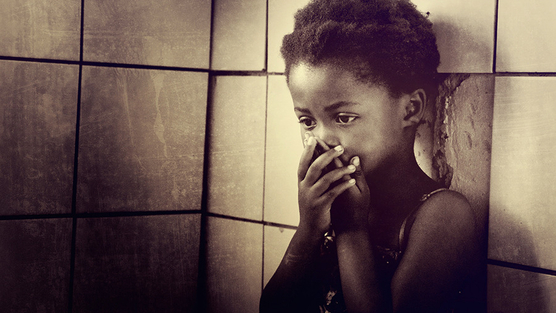Child sexual abuse is a great offence punishable by the Nigerian law. Every 10 minutes, at least one report is made about a child being sexually abused in Nigeria. In 2015, UNICEF reported that one in ten boys and one in four girls have experienced sexual abuse in Nigeria before the age of 18.
Child sexual abuse or child molestation can be defined as a form of sexual activity that involves minors. These actions include engaging a child in any form of sexual activity, whether by manipulating, pressuring or through any other means. It could also involve indecently exposing the sensitive and private areas of a child’s body or using a child for pornographic purposes. In addition to this, sexual abuse involves making a child touch another person’s genital area, playing sexual games with a child, putting objects or sex toys into their genital area for sexual pleasure. Sexual abuse could also come in form of exposing a child to pornographic material and watching a child use the bathroom.
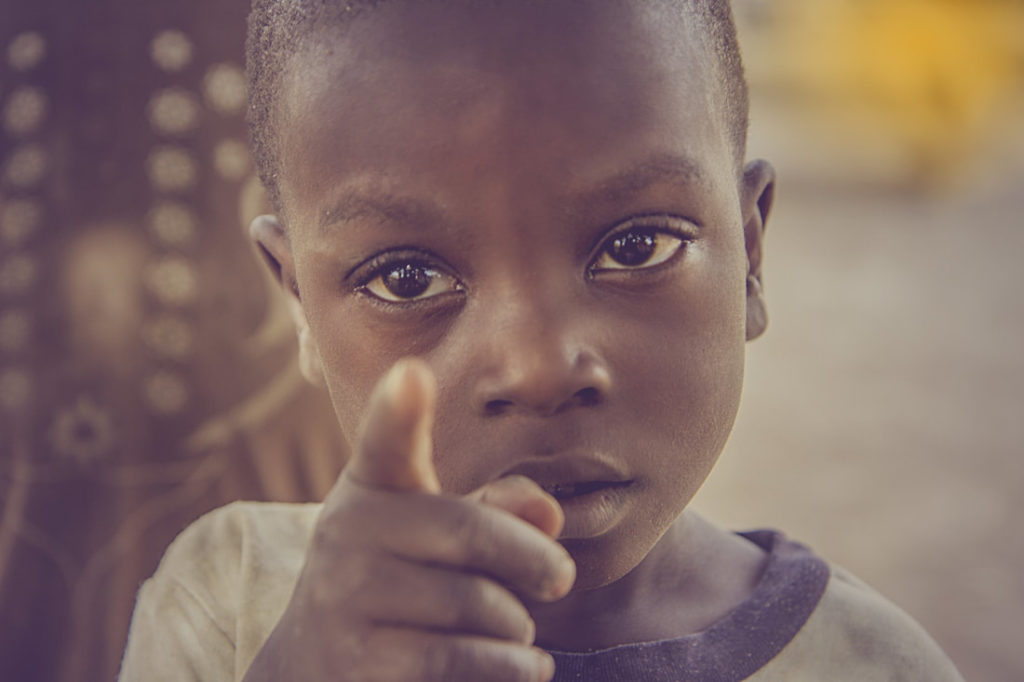
Sadly, sexual abuse has a seriously detrimental effect on the general life and development of a child. In extreme cases, the effects can continually impact the life of the victim negatively. However, identifying the signs of sexual abuse is the first and most important step in protecting an endangered child. If sexual abuse can be spotted, it can be stopped.
There are so many indicators that physically show a child is being abused. These signs need to be carefully examined because they could show a possibility of sexual abuse. These signs can be divided into two broad descriptions. They include;
- Physical Signs
- Emotional Signs
Physical Signs
Physical signs are those indications that are physically evident in a child’s body or appearance. Despite this, physical signs could be difficult to spot, primarily because most abusers hide their actions from the victim’s body. Some of these signs include;
-
Change In Appetite
Usually, when a child exhibits a drastic change in appetite, it might be as a result of a problem, such as sexual abuse. They either eat a lot or stop eating altogether.
-
Unusual Play
Children who are being abused could show some signs through excessive play with their own private body parts or drawings with numerous sexual contents. They even tend to question the general human sexually.
-
Sleep Patterns
Most children that are being abused experience a huge change in their sleep patterns. Some sleep during the day and at night, while others do not even sleep at all. If this issue isn’t addressed quickly, the child might be insomniac in future.
-
Stomach Aches
Children who are sexually abused, especially the female ones occasionally experience tummy aches. These tummy aches are mostly not diarrhoea or constipation related, but due to the sexual abuse, especially if they have started seeing their menstruation period.
-
Pain In The Genital Area
When a child experiences pain or signs of trauma in his or her genital area through unexplained swellings, itches, discharge, bleeding, it could indicate that they have been sexually abused. Also, if the children have problems walking, sitting or standing, there is a high probability that they might have been sexually abused.
If your child shows any of the aforementioned physical signs, take him or her to the doctor right away.
Emotional Signs
There are some emotional and behavioural signs that are quite evident when a child is abused. These signs include but are not limited to the following;
-
Inappropriate Sexual Behaviour
A child might be sexually abused if he or she begins to exhibit sexual behaviour like talking in sexually offensive ways, using lewd slangs, or having sexually explicit conversations.
-
Resurfaced Outgrown Behaviours
Sometimes, sexual abuse can be evident if a child begins to exhibit some bad habits he or she has previously dropped. This could range from bedwetting to thumb sucking.
-
Sudden Withdrawal
For children who have been active, sudden withdrawal is usually a huge indicator of sexual abuse. This is more evident when they do not want to be left alone with certain people (it could be family members or caregivers). In extreme cases, these children might find it difficult to remove their clothes or even take a bath. They are excessively worried, anxious and scared.
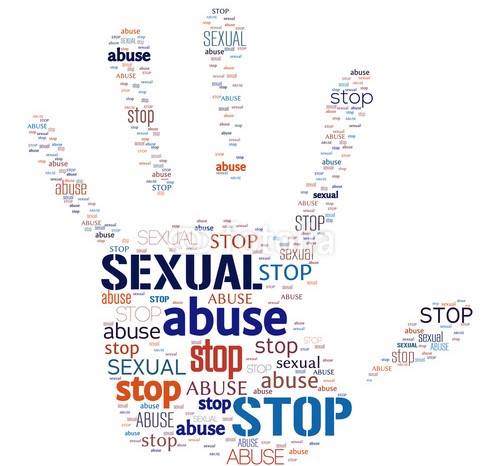
Unfortunately, more than 80% of child sexual abusers are trusted friends or family. Nevertheless, these predators need to be kept away from the children. Parents should particularly look out for adults who do the following;
- Expresses unusual interest in a child’s sexual development or body features.
- Sexualizes a child’s behaviour.
- Spends a long and unusual amount of time with children.
- Gives a child too many gifts for no reason at all
- Tries as much as possible to stay alone (outside their usual role in a child’s life) with a child of the opposite sex.
- Discusses the child’s personal or private problems with him or her.
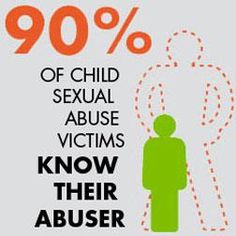
Sexual abuse possesses a lot of negative and detrimental effects on the victims. These devastating effects range from isolation, fear and helplessness to depression. These effects are mostly psychological and can vary from short-term to long-term. Some of these effects include but are not limited to;
Guilt and Shame
Often times, the victims of sexual abuse blame themselves. This is because most perpetrators encourage their victims to feel guilty and ashamed of themselves.
Helplessness
Children in this unfortunate situation feel powerless, as they feel like they have no control over the sad situation. This feeling terribly messes with their psychic.
Fear
Generally, all victims of sexual abuse feel scared, especially because the perpetrators would always tell the child to keep the abuse a secret because something bad might happen to them. This makes the child live in fear, as they fear the “consequences” of speaking out.
Isolation
A large number of abused children stay isolated. They stay away from friends, family, and school classmates. In extreme cases, these victims no longer participate in activities they previously enjoyed.
Anger
It is no surprise that anger is one of the strongest feeling most abused children encounter. They feel anger for everyone, especially when those who were entrusted to protect them failed to do so. They are also angry with the perpetrator for the despicable things done to them.
Sadness
Abused children feel sad after the deed has been done, which sometimes lead to depression, mainly because the perpetrators are mostly trusted friends or family.
Flashbacks
Children experience daytime nightmares while they are awake. To them, it feels like the abuse is happening again. This has a detrimental effect on their health in the long run.
Low Self-Esteem
Children who undergo sexual abuse often feel less confident about themselves, hence leading to low self-esteem. They have poor social skills and find it difficult to disclose personal information. They also exhibit self-destructive and suicidal behaviours.
It is always challenging to identify or even suspect a child is experiencing sexual abuse. However, it is always advisable to pay attention to your children. If a child tells you that someone makes them feel uncomfortable, there is a high probability that the child is being abused by that person. Hence, the person needs to be investigated. While the issue is being investigated, the child must be kept in a safe haven.
What Do You Do When A Child Confides In You?
As an adult, if a child discloses that he or she has been sexually abused, there are some important and necessary things you have to do. They include;
Be Calm
As difficult as this might seem, it is important to stay calm. The child needs you to reassure them that everything would be okay; hence you are the one to provide reassurance. As traumatic as the experience might have been for the child, you can be the person to give him or her hope of living a normal life again.
Believe The Child
Children rarely lie about being sexually abused. Even though you might need more information or evidence, you have to believe whatever they tell you initially. Ask them clear and open-ended questions to enable you to establish those facts. Allow them to express themselves in detail without trying to put words into their mouth or trying to complete their sentences for them. Remember to reiterate that the abuse was not their fault.
Keep The Child Safe
As an adult, you should re-establish the child’s safety. As much as the experience might have made the child feel somewhat unsafe, you must figure out a plan to keep the child safe at all times. Extra measures need to be taken to ensure the child stays far away from the perpetrator. This builds their sense of security, thereby making them feel safe which is crucial to their healing. Also, do not talk about the abuse to anyone who doesn’t need to know, however if you must have that discussion, then ensure it isn’t done in the presence of the child. Much older children may feel embarrassed when they overhear conversations of their sexual abuse experience.
Express Your Emotions Appropriately
It is important to note that you need to show your emotions by any means possible. Feel free to yell, get angry, cry or even curse. However, do it far away from the victim and never in their presence. Your reaction might frighten the child, and may ultimately lead to a feeling of self-blame all over again.
Finally, as much as you might want to keep the incident to yourself, it is advisable you get help as quickly as possible. Sexual abuse must be reported to the appropriate authorities immediately any child confides in you. By taking action immediately, you stop the perpetrator and reduce the risk of other children being sexually abused. Remember to take the child to trained personnel for counselling; as this can help salvage the situation and reduce the impact of sexual abuse on the victim.
If you suspect any child sexual abuse in Nigeria, click here or dial *6820# (For MTN and Airtel users only).

